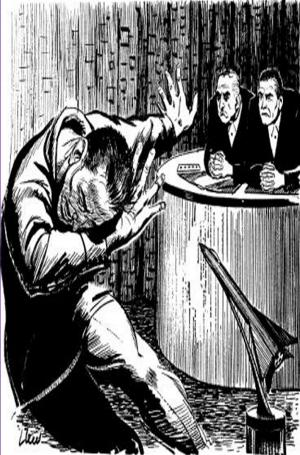Ancestral Footstep
Outlines of an English Romance
Nonfiction, History, British, Fiction & Literature, Classics, Historical| Author: | Nathaniel Hawthorne | ISBN: | 1230000318402 |
| Publisher: | Consumer Oriented Ebooks Publisher | Publication: | March 25, 2015 |
| Imprint: | Language: | English |
| Author: | Nathaniel Hawthorne |
| ISBN: | 1230000318402 |
| Publisher: | Consumer Oriented Ebooks Publisher |
| Publication: | March 25, 2015 |
| Imprint: | |
| Language: | English |
"Septimius Felton" was the outgrowth of a project, formed by Hawthorne during his residence in England, of writing a romance, the scene of which should be laid in that country; but this project was afterwards abandoned, giving place to a new conception in which the visionary search for means to secure an earthly immortality was to form the principal interest. The new conception took shape in the uncompleted "Dolliver Romance." The two themes, of course, were distinct, but, by a curious process of thought, one grew directly out of the other: the whole history constitutes, in fact, a chapter in what may be called the genealogy of a romance. There remained, after "Septimius Felton" had been published, certain manuscripts connected with the scheme of an English story. One of these manuscripts was written in the form of a journalized narrative; the author merely noting the date of what he wrote, as he went along. The other was a more extended sketch, of much greater bulk, and without date, but probably produced several years later. It was not originally intended by those who at the time had charge of Hawthorne's papers that either of these incomplete writings should be laid before the public; because they manifestly had not been left by him in a form which he would have considered as warranting such a course. But since the second and larger manuscript has been published under the title of "Dr. Grimshawe's Secret," it has been thought best to issue the present sketch, so that the two documents may be examined together. Their appearance places in the hands of readers the entire process of development leading to the "Septimius" and "The Dolliver Romance." They speak for themselves much more efficiently than any commentator can expect to do; and little, therefore, remains to be said beyond a few words of explanation in regard to the following pages.
"Septimius Felton" was the outgrowth of a project, formed by Hawthorne during his residence in England, of writing a romance, the scene of which should be laid in that country; but this project was afterwards abandoned, giving place to a new conception in which the visionary search for means to secure an earthly immortality was to form the principal interest. The new conception took shape in the uncompleted "Dolliver Romance." The two themes, of course, were distinct, but, by a curious process of thought, one grew directly out of the other: the whole history constitutes, in fact, a chapter in what may be called the genealogy of a romance. There remained, after "Septimius Felton" had been published, certain manuscripts connected with the scheme of an English story. One of these manuscripts was written in the form of a journalized narrative; the author merely noting the date of what he wrote, as he went along. The other was a more extended sketch, of much greater bulk, and without date, but probably produced several years later. It was not originally intended by those who at the time had charge of Hawthorne's papers that either of these incomplete writings should be laid before the public; because they manifestly had not been left by him in a form which he would have considered as warranting such a course. But since the second and larger manuscript has been published under the title of "Dr. Grimshawe's Secret," it has been thought best to issue the present sketch, so that the two documents may be examined together. Their appearance places in the hands of readers the entire process of development leading to the "Septimius" and "The Dolliver Romance." They speak for themselves much more efficiently than any commentator can expect to do; and little, therefore, remains to be said beyond a few words of explanation in regard to the following pages.















